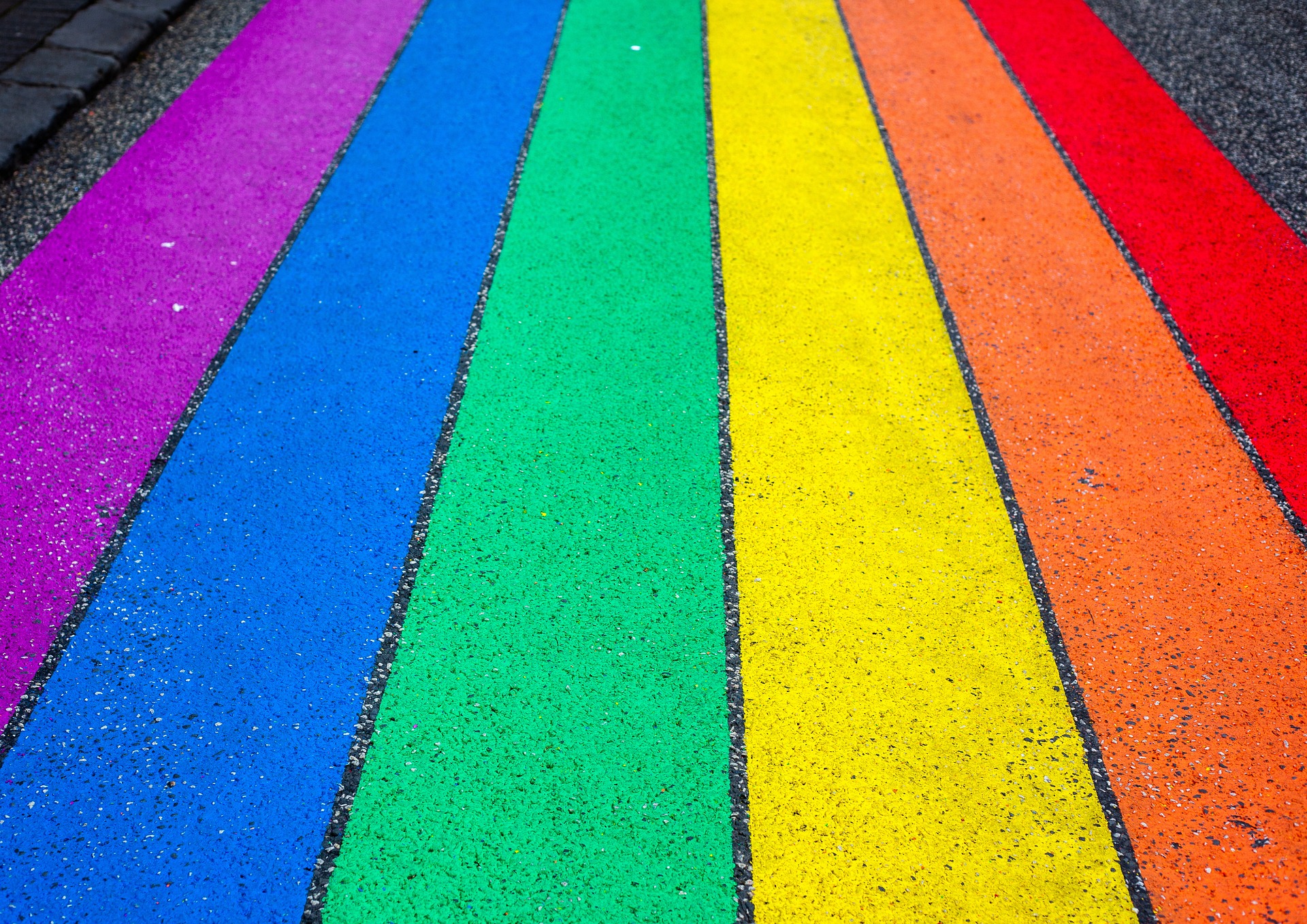Queer migration is a term that you may have seen mentioned in the news, or heard in conversations. But what does it mean? And, to delve deeper, what part does the Global South – and in particular Africa and Latin America – play in queer migration? Most importantly, what is the experience of queer migration like for those who uproot their lives in the hopes of safety and a better future? The answers to these questions are complex, layered with historical and cultural weight stemming from issues such as colonization, intersectionality, and more. The best way to discover the meaning of queer migration within the Global South is to explore it through not just definitions and context, but also through the eyes of the organizations and people directly involved in the process. This page provides you with the opportunity to gain a new perspective on the topic, and to understand the depth that lies behind it all.
The Context
As stated above, queer migration is a complex topic. Click here to learn more about queer migration:
Click here to learn more about the Global South, South-South migration, and why it is important to center Global South perspectives when discussing queer migration:
The Organizations
The LGBTQ+ community is active and vibrant in both Africa and Latin America. Diverse organizations are working every day to expand and defend LGBTQ+ rights in their nations, and to foster conversations and research about queerness in the Global South. Queer migration within and between these nations is an issue concentrated on by a variety of these groups. Click here to meet the organizations working to study queer migration and assist queer migrants, and to explore an interactive map.
Spotlight: Queer Crossings
Click here to learn about Queer Crossings, an anthology project centering the experiences of South-South queer migrants in South Africa. This project exemplifies not just the complexities of queer migration within the Global South, but also the ability of art to function not just as a form of healing and self-expression but also as a form of activism.
